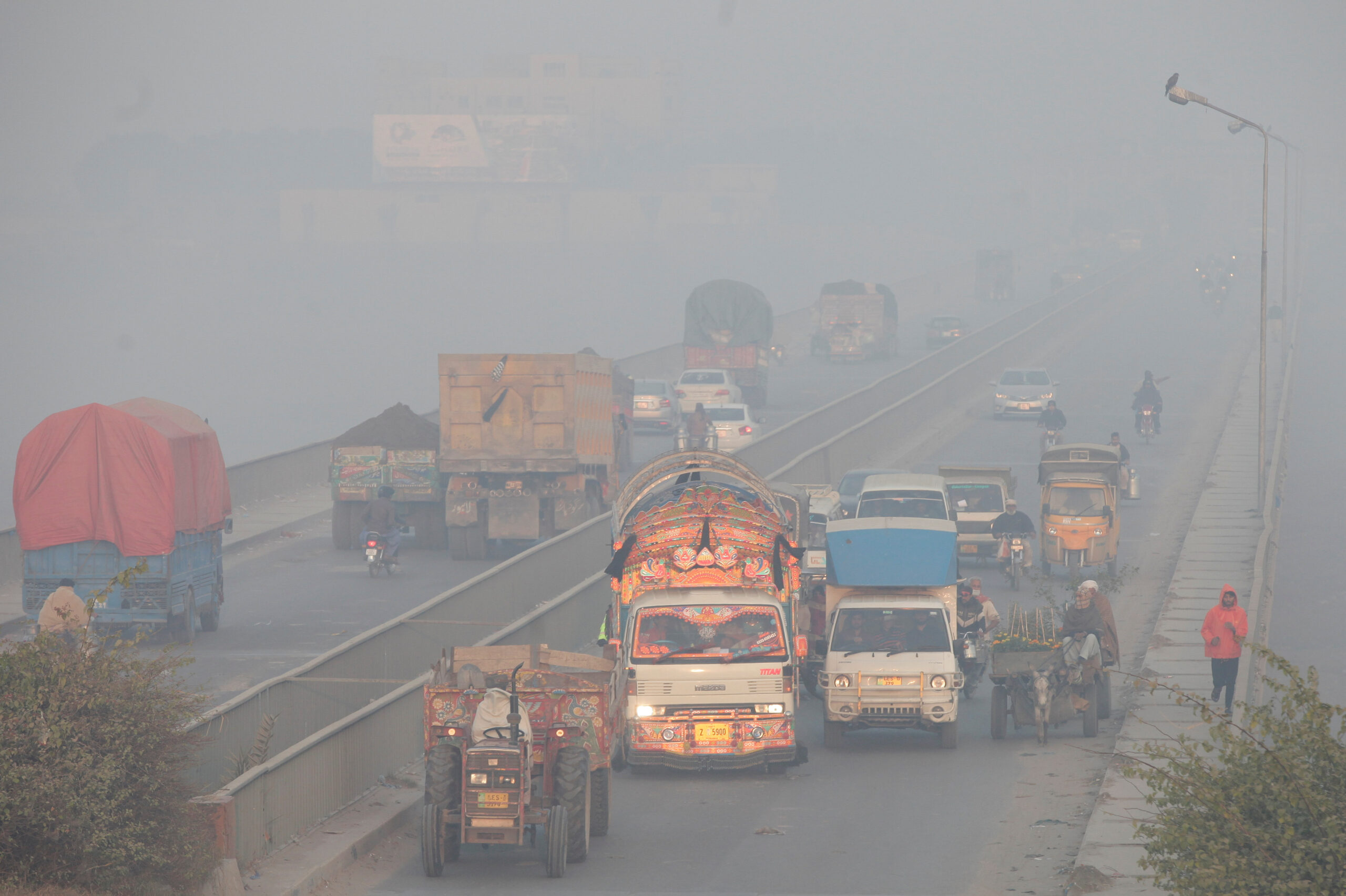
Pakistan is facing many crises today, and one of them is the health of our citizens. According to the 2023 World Air Quality Report, Pakistan i the second most polluted in the world. The health of our future generations depends upon us taking action immediately.
According to the report Pakistan has average PM2.5 concentrations at 73.7 micrograms per cubic metre (µg/m³) — a staggering 14 times higher than the World Health Organization’s guideline of no more than 5 µg/m³.
As an editorial in Dawn notes, these statistics are grave but “it makes other non-communicable diseases such as mental health issues, diabetes and infertility more likely, besides affecting the cognitive development of children. The fact that all Pakistani cities included in the study had PM2.5 concentrations at least six times above the WHO’s recommended levels is a glaring indictment of the country’s air quality and demands immediate intervention at the highest levels.”
The causes are well known to all of us: “agriculture practices, industrial emissions, vehicular pollution, and geographical and climate conditions playing significant roles. Specifically, winter temperature inversions in Punjab, combined with emissions from crop burning and industry, as well as activity from brick kilns, have created a smoggy, health-damaging environment. Despite measures such as banning crop burning and initiating public transportation projects, the air quality continues to deteriorate, signalling that current efforts are not enough. And time — quite literally — is running out. Based on data from the Pakistan Air Quality Initiative, hazardous air quality is shaving off an estimated 4.4 years from the life expectancy of Pakistan’s inhabitants.”
The Dawn editorial called upon the government “to rise to the occasion and take bold steps. It must urgently overhaul environmental regulations, aggressively invest in renewables, and champion public transportation. It is not just regulations that are needed: enforcement is paramount. There is an urgent need to enhance the capacity for monitoring and managing air quality. Public awareness campaigns are crucial to educate citizens about the sources of pollution and the steps they can take to reduce their personal contributions to air quality degradation. Vehicles must undergo mandated smoke checks, as is done in developed countries. Moreover, collaboration with neighbouring countries is essential, given the transboundary nature of air pollution.”
![]()





